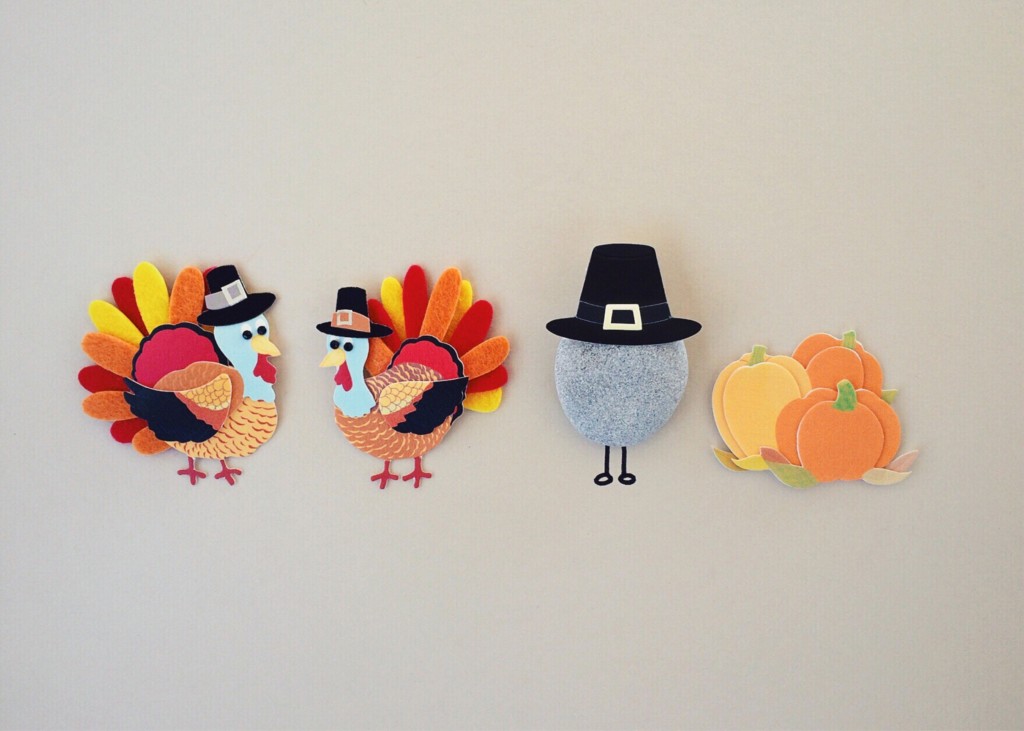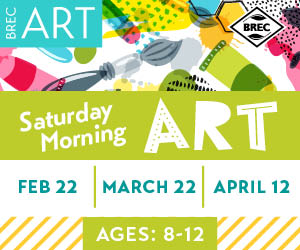My kindergartener came home from school yesterday and in telling me about her day, said something to this effect:

“The pilgrims came over on ships, and they were on the ships for a really long time. They started running out of food and were so hungry, and a lot of them started to get really sick. They were looking for a new city because they were forced to go to the same church and couldn’t choose which church to go to. Isn’t that crazy? They couldn’t believe what they wanted to believe. And when they go to a new city, the Indians helped them to find food and showed them how to make houses and they all had a big meal together.”
I was holding my breath, hoping that there was at least some mention of the rest of the story. Some acknowledgement of the horrors of colonization. I asked if she knew what happened next, and when she said she didn’t, I gave her an explanation similar to this:
“Well, the Native Americans may have helped some of the travelers, but most of the time, the people who came over on the ships were greedy. They wanted more land and gold, which they used like money. They took the Native Americans’ land from them, forcing them to leave their homes, and sometimes hurting and even killing them.”
We talked about how that was a horrible thing, and how we should always make sure that we stand up for people when someone else tries to do the wrong thing.
And then I sent a message to her teacher.
I said that I wasn’t sure whether she had taught the curriculum or textbook’s version or not, but that I expected there to at least be an acknowledgement of the atrocities that followed.
Her teacher was amazingly receptive and we had a great conversation about age appropriate conversations regarding this. Here are my takeaways:
- Even in kindergarten, kids can understand the idea of right and wrong. A conversation about the fact that colonization often displaced the Native Americans would lead the kids to understand that things were not hunky dory, without having to go into all of the atrocities if it isn’t deemed age appropriate.
- If you aren’t comfortable talking about the whole story, then don’t teach it. If you are teaching it as part of a peace agreement, you have to talk about why there was a need for a peace agreement in the first place.
- Kids understand more than we give them credit for. If we don’t want to produce another generation of apathetic kids, we need to talk to them about the real world in a way that they can understand.
- If you do choose to have class activities celebrating Native Americans, include or consult someone who is Native American. Have someone come to talk to the class or grade level about the history of tribal dances and paintings. Pow-wows, paper bag vests, and feather sentence-strip headbands in isolation are offensive, and don’t celebrate the depths and beauty of the culture. Presenting an entire culture as an ill-advised caricature of what it is is irresponsible educating.
- If you don’t want to address the actual history, and it isn’t part of that year’s history curriculum, please just stick to handprint turkeys and thankfulness writing prompts.
- As a parent, it is your job to make sure that you know what is happening in your child’s school.
I am not afraid to be “that mom,” especially if it means that my child learns to respect people and cultures, and to learn about and explore their struggles, accomplishments, pain, joys and beauty.
Check out the following links if you would like to read more, or start conversations with your kids or their school:
Decolonizing Thanksgiving: A Toolkit for Combatting Racism in Schools
Thanksgiving: The True Story by Penny Colman

















Bravo!
Thanks, Mari! Glad you enjoyed reading it!
I’m all for not sugar coating it, but to say “invite a Native American to speak” really makes as much sense as saying you should invite a Frenchman or Spaniard or German to come speak as a pilgrim because they are from Europe. Each Native American tribe was a nation unto itself with its own customs and cultures. Seems very presumptuous to assume they are all the same. But having them speak as a representative of their tribe at a separate time from Thanksgiving would be a great learning opportunity.
Very valid point! I think the sensitivity and representation of a people would be more prominent from someone who is closer to the culture, even if not the exact tribe represented. But you are absolutely right that it is presumptive to assume they would even be interested in/able to speak to the topic.
you must know a limited amount of world history: since millennia, one culture, tribe, nation have been conquering the “other” and “colonizing”/taking over the defeated. the relationships with the native American tribes was varied depending upon and they certainly fought amongst themselves.
Teaching your child to hate America, good for you. Keep up the good work, next thing you know she will be wearing all black and rioting in the street.
Teaching correct, accurate history is hating America? Did you hurt yourself with all that reaching, Jeromimo?